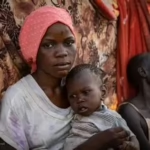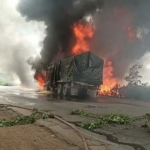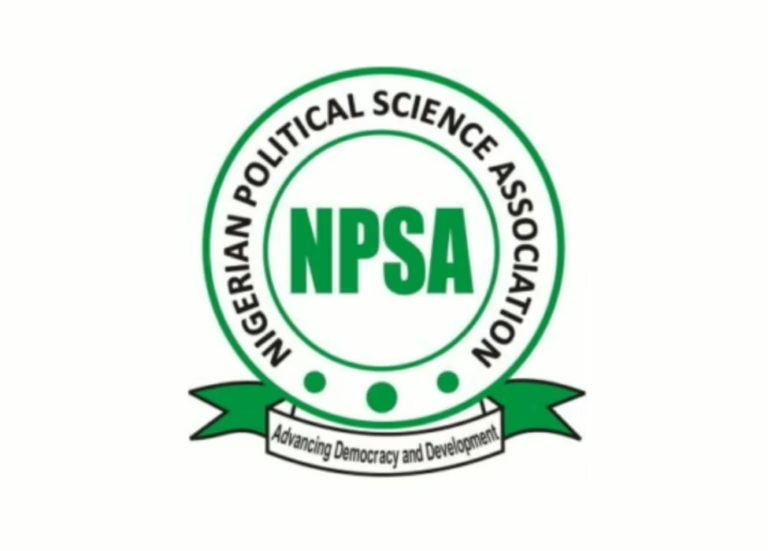On Tuesday, the Political Scientists Association of Nigeria (NPSA) expressed concerns that political tensions in Rivers State could intensify following the conclusion of the emergency rule period.
The association warned that if the stakeholders involved in the crisis, which prompted the emergency declaration, fail to honor the agreements made before the emergency rule ends, the likelihood of escalating conflicts will increase.
NPSA emphasized the need to clarify the ambiguities surrounding the emergency rule to prevent valuable time from being wasted on disputes over its legality.
These insights were shared in a statement titled “An Examination of Democratic Restoration in Rivers State: Lessons and Implications,” authored by NPSA president Prof. Hassan Saliu and released to the press in Ilorin, Kwara State.
The statement highlighted that “the political landscape in Rivers State remains unpredictable, influenced by numerous factors that have been evident over the past six months.”
It further pointed out that “undoing political decisions made during the emergency period presents significant challenges with far-reaching consequences.”
The NPSA described the Rivers crisis as a clear example of Nigeria’s entrenched patronage politics, where state authority is often exploited for individual or factional gain.
This turmoil heightened social unrest and insecurity, reaching a peak just before the Federal Government intervened-a move perceived by some as favoring one faction over another.
Initially, the suspended governor received public sympathy; however, actions by various parties eventually derailed early peace efforts. This led the governor to seek reconciliation with his political mentor to restore stability and reclaim his position.
While faction leaders negotiated a new peace accord to enable the reinstatement of the suspended governor and the State Assembly, contentious political and financial decisions made by the Federal Government’s appointed Administrator, Admiral Ibok-Ekwe Ibas, during the emergency rule, continued to raise concerns.
These decisions further complicated an already fragile situation, highlighting the critical need for prudence when exercising emergency powers.
Currently, the state appears calm, but the future remains uncertain, especially given the prevailing attitudes of triumph and victimhood among key players involved in the crisis and peace negotiations. It is clear that all principal actors have gained valuable insights from this experience.
In summary, while emergency rule can offer short-term stability, its long-term effects may undermine democratic principles and the well-being of citizens. Therefore, any declaration of emergency must be handled with utmost care to safeguard democratic institutions and protect the interests of the populace.

















